A huge number of Finns have taken part in the integration of immigrants in many different ways, by volunteering to help at reception centres, accommodating immigrants in their homes, and donating clothes or money. Many helpers have realised that nature is a big resource for immigrants and have participated by spending time picking mushrooms, fishing or walking on nature trails with them.
Kindness, which is based on performing good acts such as helping others, is the driving force behind sustainable development. Its empowering effect is not limited by the social or economic status of the person helping. The decoupling of ensuring economic growth and a good life is a topical issue because, in spite of the forecasts of better economic growth, there are still many challenges to be tackled in this field. On the other hand, directing kindness to activities that support the environment may support the decoupling of economic growth and environmental hazards.
In the daily politics, decision-makers do not recognise how powerful and interconnected the factors disrupting society are. Hillary Clinton also admitted this when she analysed why her campaign machine failed in the United States presidential election. Politicians, officials, citizens and institutions each provide frameworks for solutions according to what they focus on in societal problems.
The proponents of sustainable development, too, all see the issue from a different angle. They might emphasise the policy on development countries, combating climate change, or the importance of economic growth for the well-being of future generations. The 17 Sustainable Development Goals in the UN’s 2030 Agenda justify each of these angles and numerous others that promote sustainable development. However, solving individual problems will not take us anywhere – even if we did it systematically in the order of importance.
The challenges in our society are complex and interwoven, and the paths to solving them are therefore complicated, too. If we try to solve only one problem at a time, what follows is the same as when you try to unwind a ball of yarn by pulling it at random instead of finding the beginning of the yarn. The ball will get tangled and tighten even more, and the same will happen to a complicated set of problems. Isolated solutions lead to new problems that emerge elsewhere or some other time, and solving them will become more difficult and more expensive.
To avoid this, we should solve problems comprehensively, assessing the need for changes in the whole system. For example, if we want to improve the sustainability of eating in Finland, we have to investigate how all meals in the public sector from day care centres and schools to workplaces and old people’s homes can be changed accordingly, and how national and multinational food chains will react to this. When we promote sustainable development, we have to create solutions, operating models and processes that will solve many problems simultaneously and support each other.
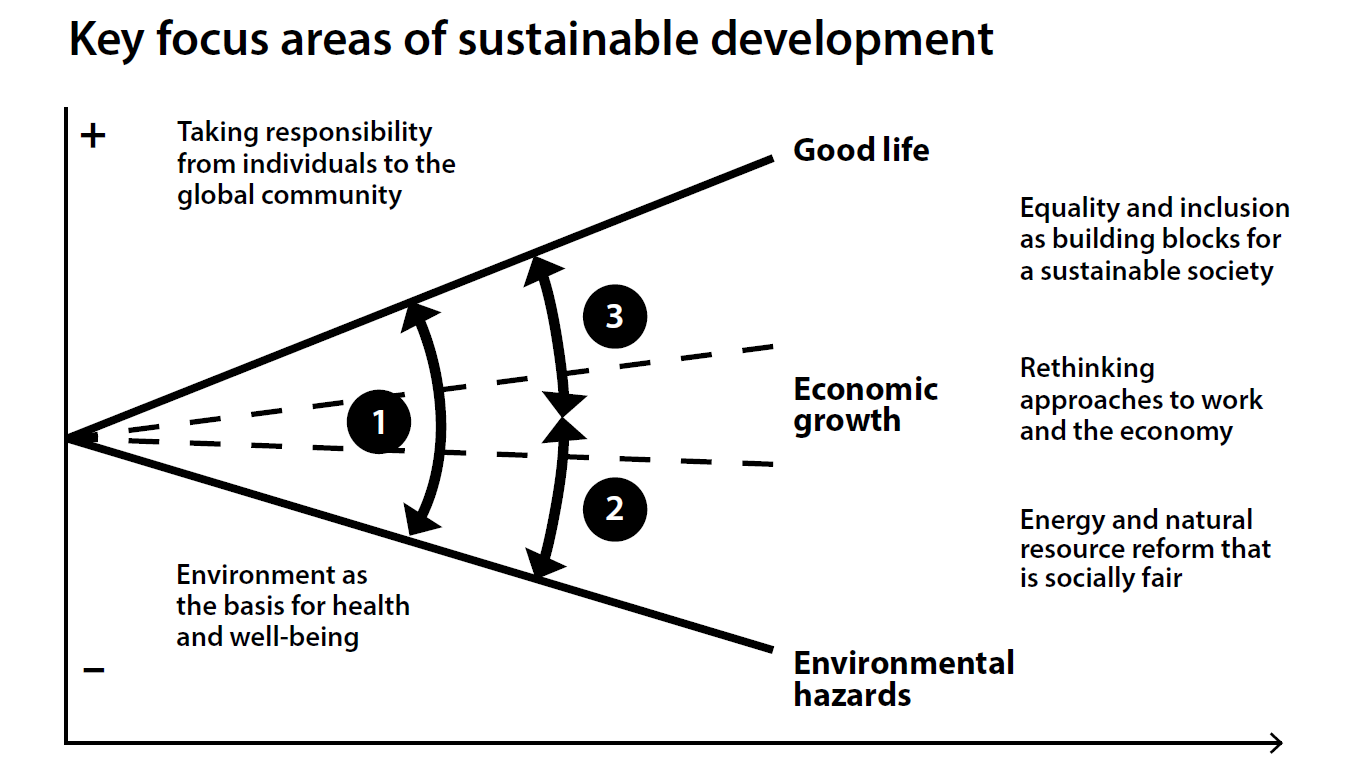
Our Expert Panel on Sustainable Development has identified five spearheads that will enable Finland to start a more comprehensive process of sustainable development. The proposed spearheads make it possible to create models in which a good life is not tied to economic growth and does not weaken the state of the environment. Such models exist in individual local authorities, companies and systems, but spreading them wider in Finland requires revealing them. Would you like to reveal a secret role model for sustainable development?

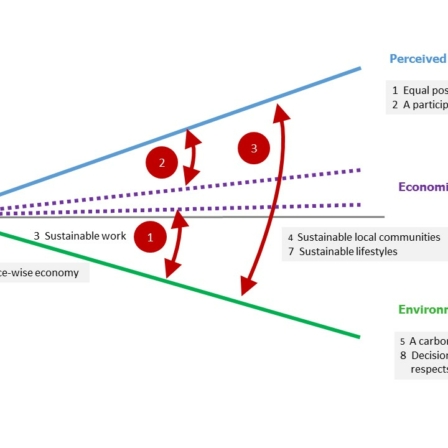
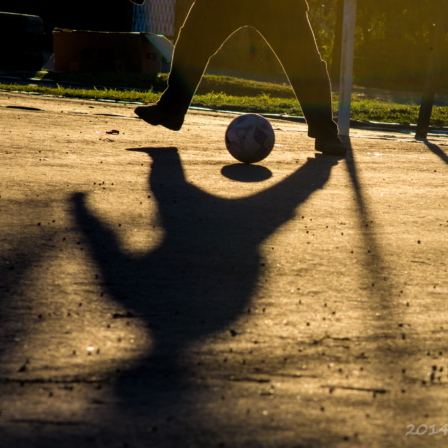


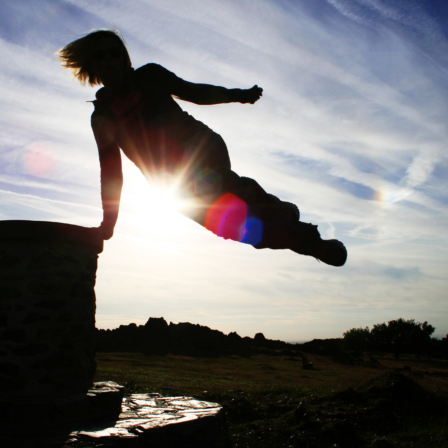

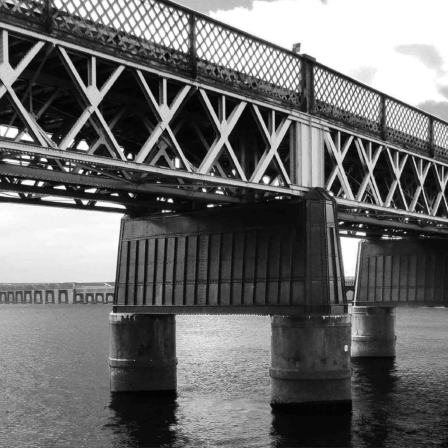
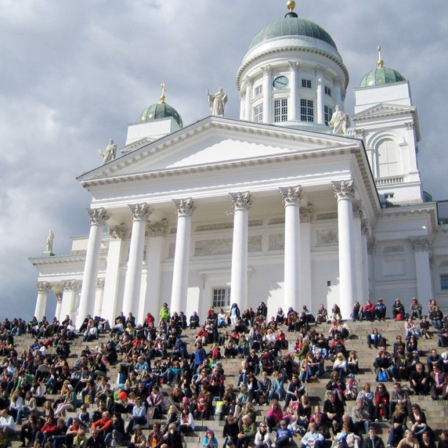
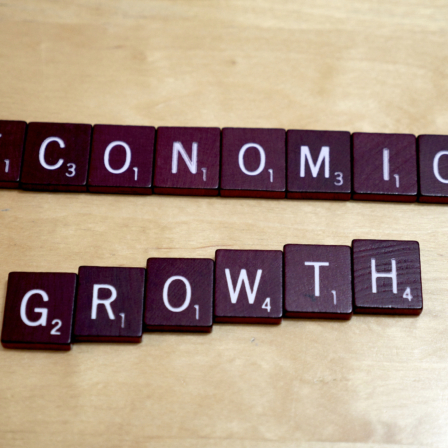
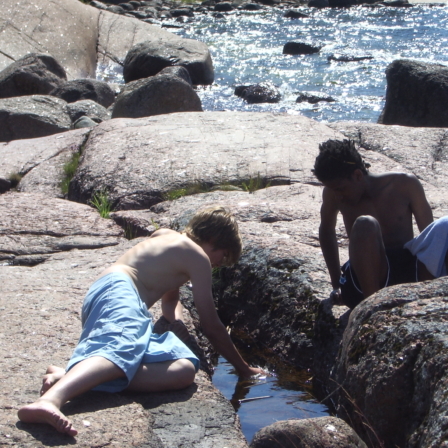
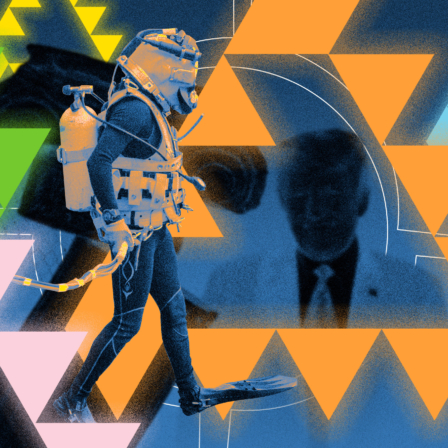
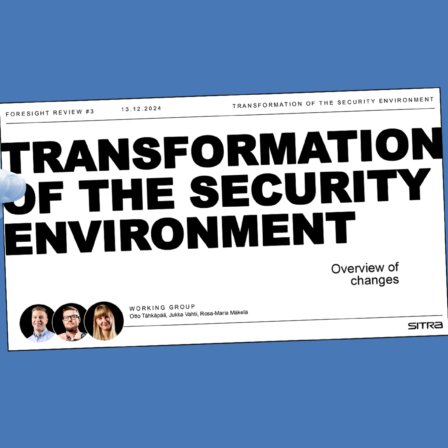
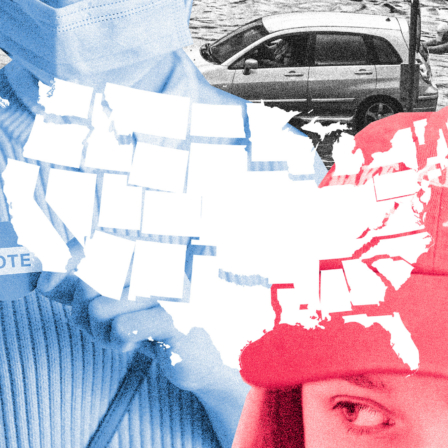
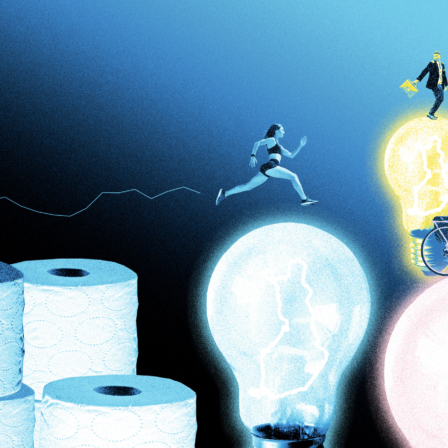

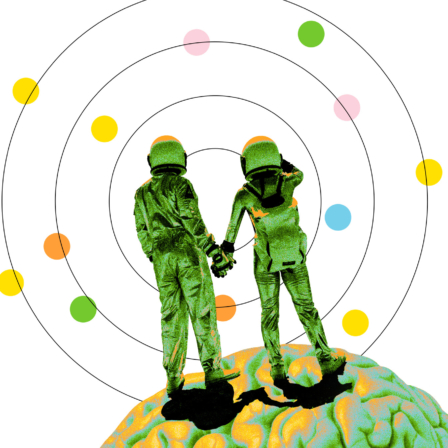





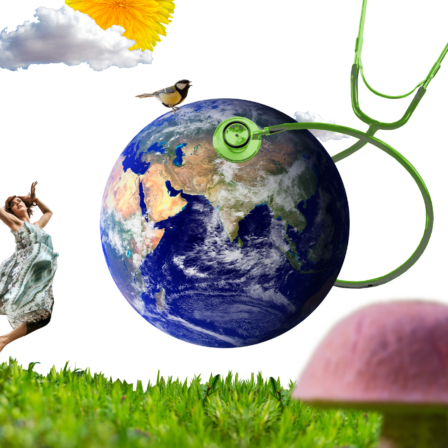
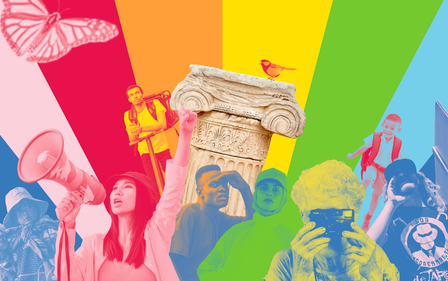
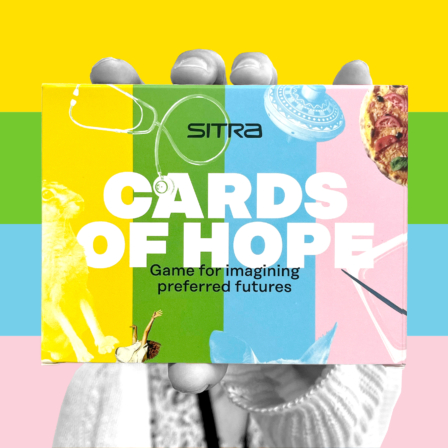
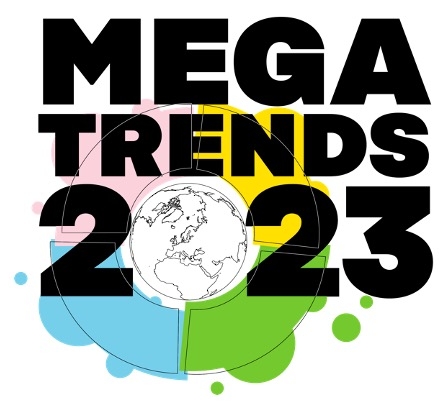
Recommended